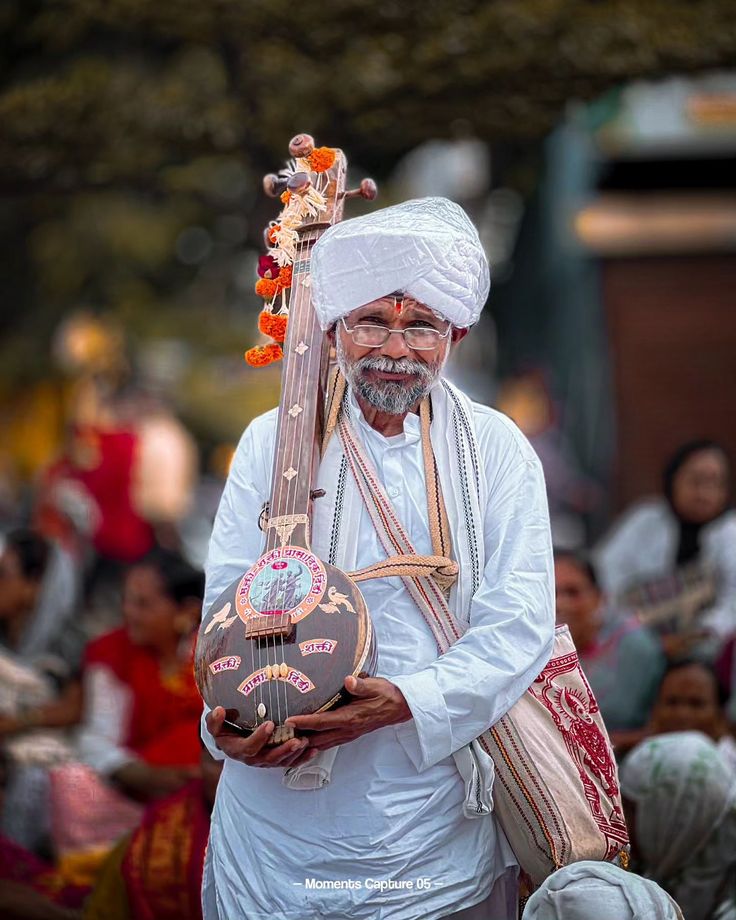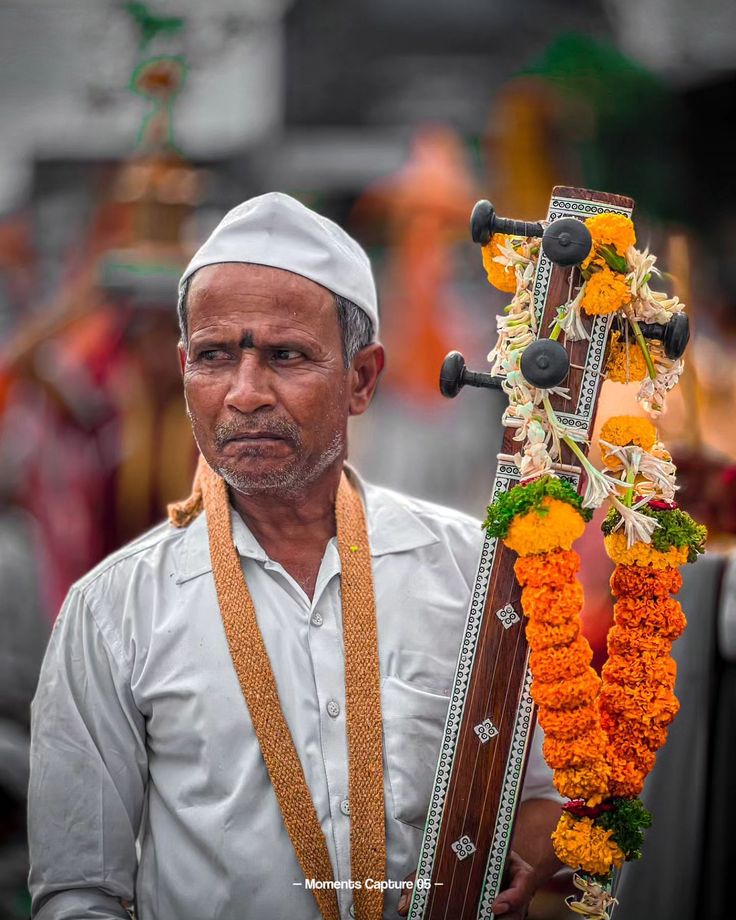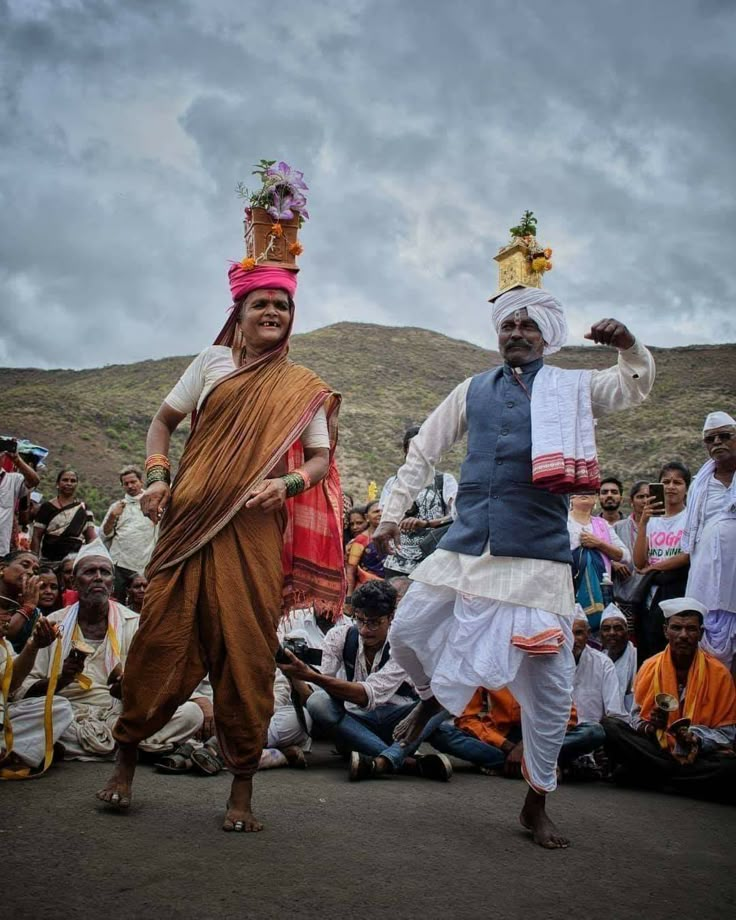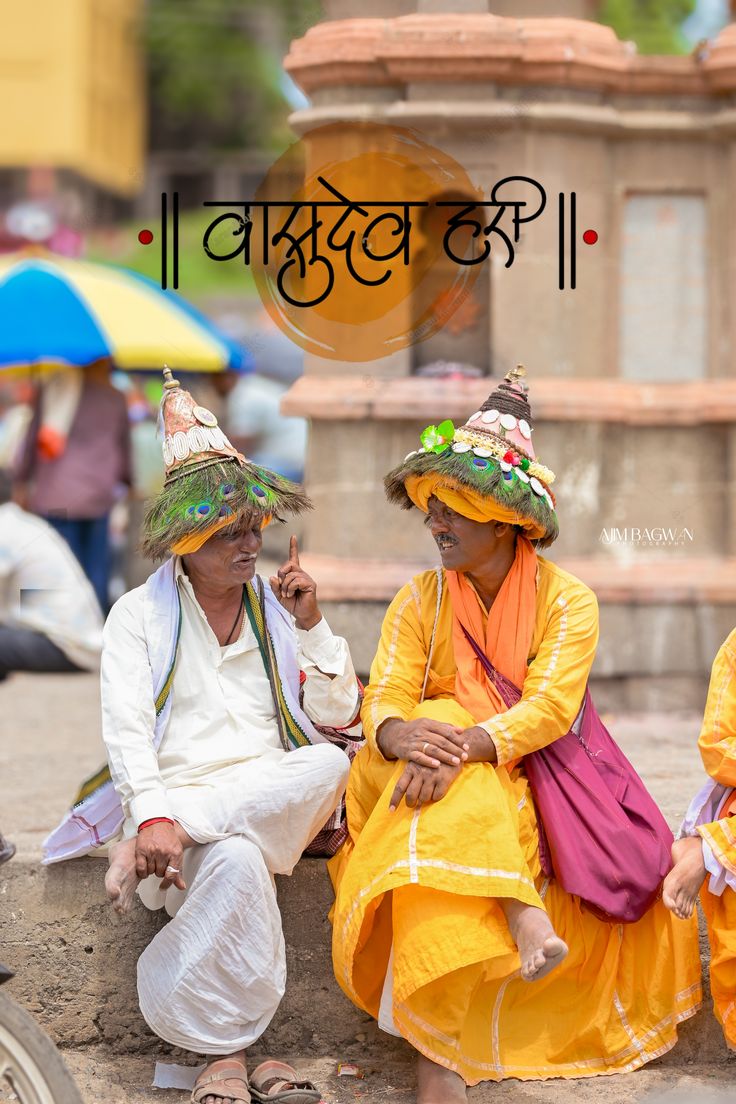Varkari Dindi




The state of Maharashtra in India has a long Tradition of Devotion (Bhakti Parampara) to Lord Vithoba (Viththal) who is an incarnation of Lord Vishnu. This unbroken tradition goes back 700 to 800 years. The main temple of Vithoba is in a small town called Pandharpur. Varkari Dindi or Varkari yatra is the greatest expression of devotion to Lord Vithoba and epitome of religious traditions of Maharashtra.
Dindi or vari is the pilgrimage on foot that the devotees of Lord Vithoba undertake from distant towns and villages of Maharashtra to the Vithoba Temple in Pandharpur to honor the Lord and to express their devotion. Devotees come not only from Maharashtra, but also from neighboring states like Karnataka and Andhra Pradesh.
The word Varkari is explained as a combination of two words. Word "Var" is an abbreviation of "Vari" which means pilgrimage and "kari" is the one who performs the pilgrimage. Being a "Varkari" comes with its own code of conduct. This includes good moral behavior, humility and respect for all life forms including fellow human beings regardless of cast, creed and wealth, strict avoidance of intoxicating substances such as alcohol, tobacco and a satvik vegetarian diet. Varkari wears a rosary made from Tulasi plant (basil beads) which has religious and symbolic value.
The exact origin of Varkari Dindi tradition is somewhat unclear. Various theories credit different people like people Viththalpant Kulkarni (father of Saint Dyaneshwar), saint Dyaneshwar, saint Tukaram and Narayan Maharaj (youngest son of saint Tukaram) with the origin of the Varkari Dindi.
Among the many Varkari Dindi's that are active in Maharashtra, the ones that originate from the shrines of venerated saints of Maharashtra like Dyaneshwar and Tukaram are most famous. Dindis originating from Alandi (town of the shrine of Saint Dyaneshwar) and Dehu (town of the shrine of Saint Tukaram) are most notable and largest in terms of number of participants.
During the entire journey, continuous chanting of the Lord's name (Nam Japa), singing of holy songs (abhang) and reading of holy texts (Haripath) is performed by the Varkaris. In modern times, along with the Dindi, selfless service to the poor (Seva) including donation of food to the needy, upkeep of rural infrastructure and cleanliness are the virtues that are emphasized as Seva and Nirmal Dindi.
